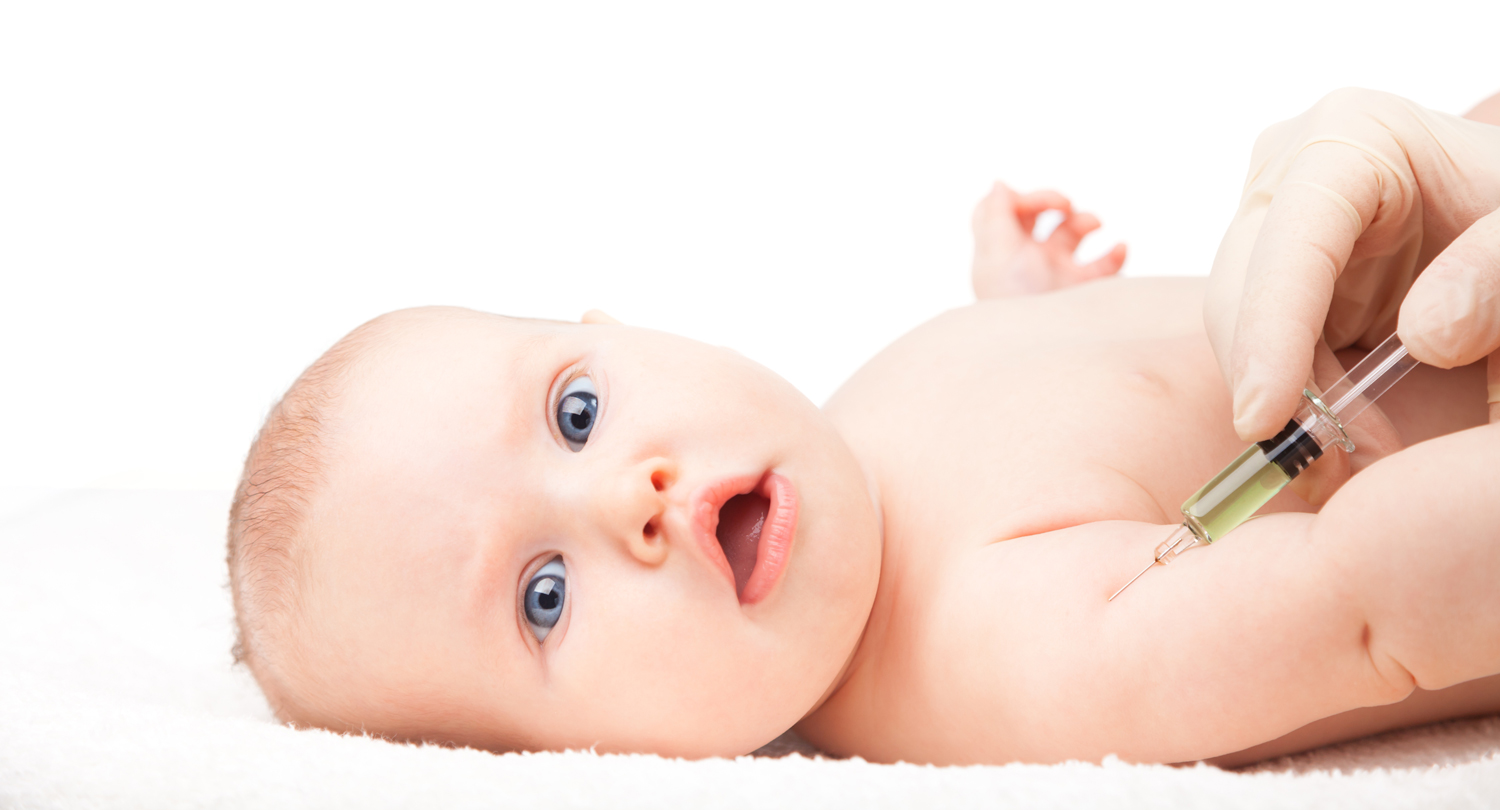 Experts have warned Australia is in the grips of a whooping cough epidemic, prompting calls for all eligible pregnant women to be vaccinated to protect against the virus.
Experts have warned Australia is in the grips of a whooping cough epidemic, prompting calls for all eligible pregnant women to be vaccinated to protect against the virus.
As of November 6, there were a record 41,013 cases of pertussis recorded nationally, a significant increase from the 2,450 reported at the same time in 2023.
In Western Australia there have been 766 cases reported, the fifth highest number in the country.
Some 92.06% of one-year-olds in WA are vaccinated against whooping cough, according to the 2023 Primary Health Network childhood immunisation coverage data, below the national average of 92.82%.
Country WA was one of the worst performing areas nationally for immunisation uptake, with 90.22% of all eligible one-year-olds vaccinated against whooping cough.
Professor Chris Blyth, paediatrician and professor of paediatric infectious diseases at the University of WA, said older children have the highest rates of whooping cough in the country.
“Ensuring all children get their preschool and adolescent boosters on time will help protect the most vulnerable babies, those too young to be vaccinated,” he said.
About 37% of whooping cough cases across the country were reported in 10–14-year-olds, followed by children aged 5-9 and infants aged 0-4.
Dr Sonia McAlister, a pertussis researcher at UWA, said decades of research showed vaccination is the single most effective way to prevent whooping cough.
“Whooping cough doesn’t just affect kids. Getting vaccinated on time is the best way to prevent disease,” she said.
Whooping cough is one of the most infectious diseases in the world. An infected person may unwittingly spread whooping cough to up to 17 unvaccinated people.
Free whooping cough vaccines are offered nationally on the National Immunisation Program for:
- children aged 2 months, 4 months, 6 months, 18 months and 4 years
- adolescents aged 12-13 years through school-based vaccination programs
- pregnant women (ideally between 20-32 weeks)
The Australian Immunisation Handbook recommends routine whooping cough vaccinations in infants, children and teenagers.
It also recommends routine booster vaccinations in specific groups deemed at higher risk including healthcare workers, women who are pregnant or breastfeeding, early childhood educators and carers and people in close contact with infants.
Catherine Hughes, director of the Immunisation Foundation of Australia, said it was alarming that this year Australia had the highest number of whooping cough cases ever recorded.

